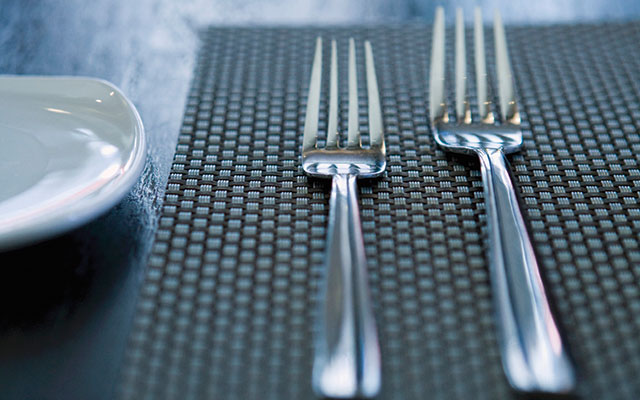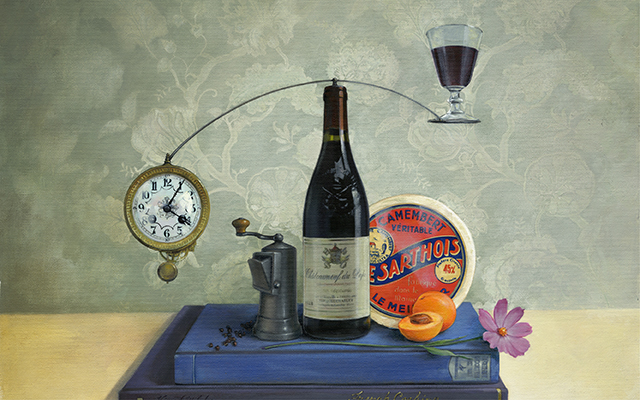Past studies have shown that the size and color of a plate, the shape of a glass, the type of background music, and ambient lighting can all significantly influence the way we perceive flavor.
Now, a new University of Oxford study reveals that even a meal’s smallest details — the forks, knives, and spoons with which it’s eaten — can also affect our consumption and contentment.
Study author Vanessa Harrar says that being more mindful of utensil selection can increase our sense of novelty and encourage us to eat more mindfully. Choosing an unfamiliar fork or using chopsticks, for example, might slow consumption and allow us time to make better food choices. It might also increase our awareness of what we are eating.
As humans, we develop expectations of how food is supposed to taste based on our previous eating experiences. Defying such assumptions by introducing unfamiliar elements may increase our awareness and satisfaction with a given meal or snack, even if the food itself remains unchanged.
Variations in cutlery — size, weight, shape, color, or even your choice of utensil — can have a significant cognitive impact, she says.
“Using odd environmental cues forces us to stop and taste — and actually perceive — the situation,” says Harrar.
Harrar’s advice: “Try new ingredients, new plateware, and different cutlery to refocus on the food you are eating.”
By incorporating one or more uncommon elements, she notes, we’re more apt to appreciate flavors and textures we could easily miss when we eat on autopilot.




This Post Has 0 Comments